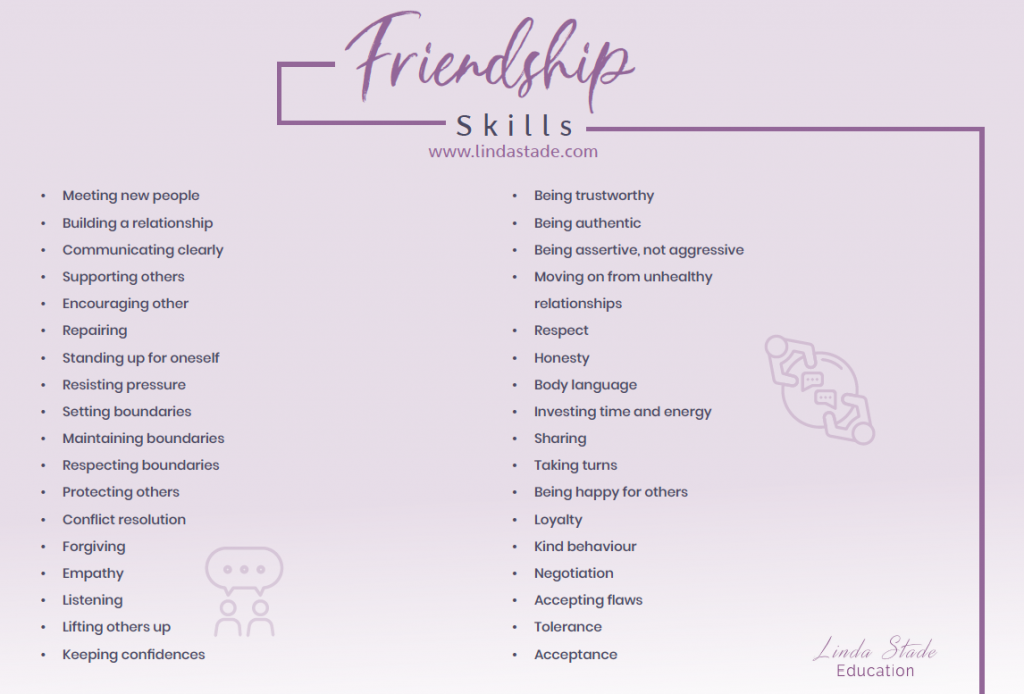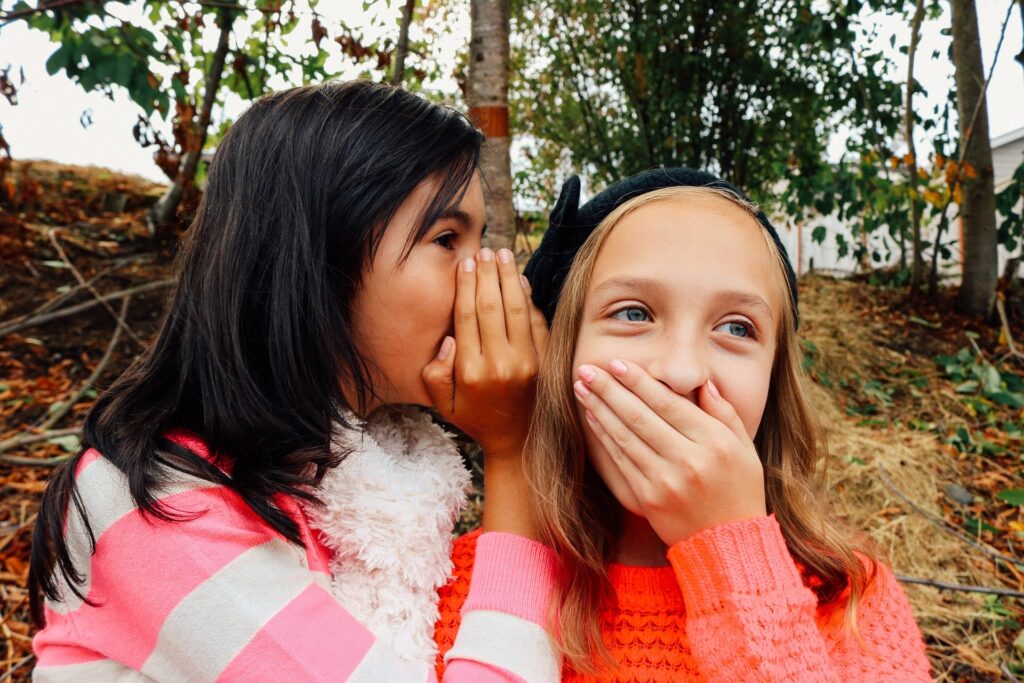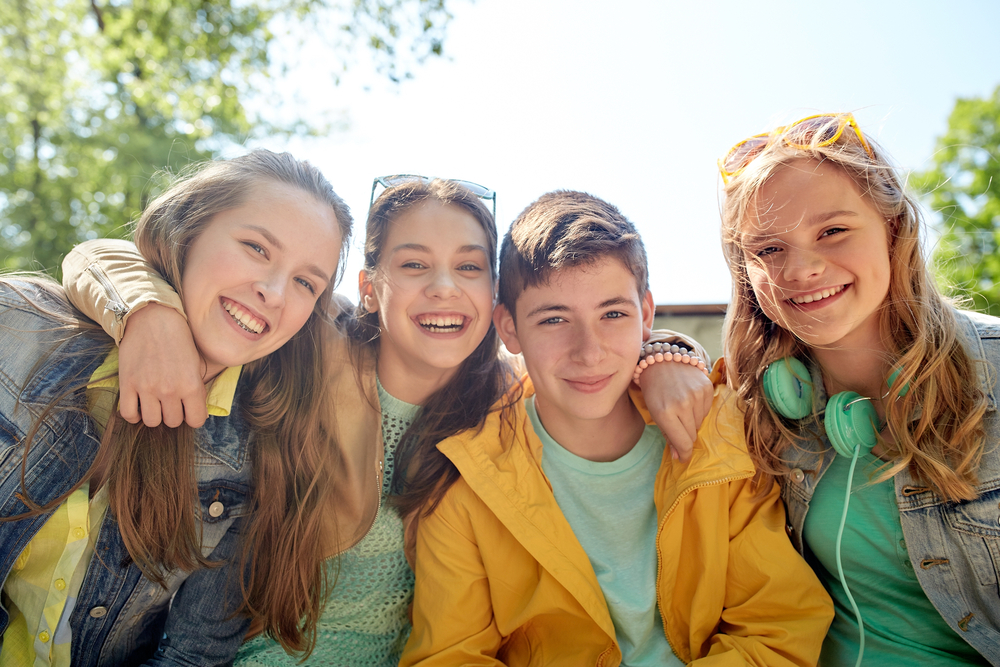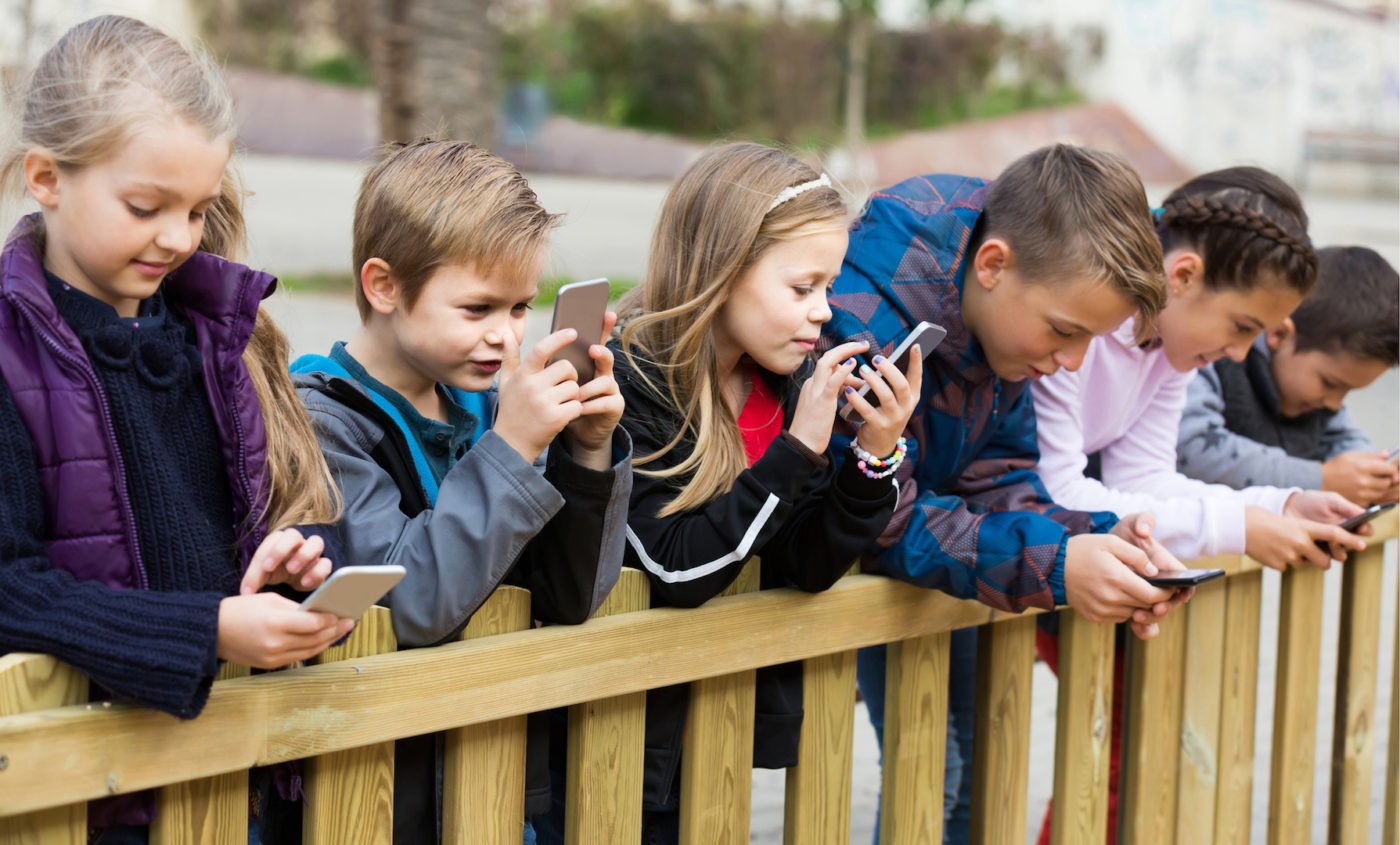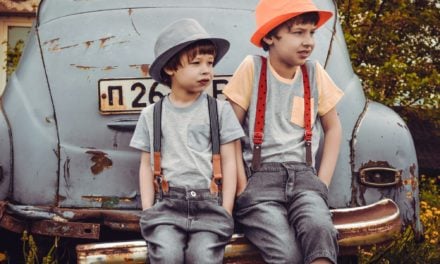Friendship skills are seldom explicitly taught, yet they are essential. What should be taught and by whom?
When a child is born, they know as much about friendship as they do about mathematics. Yet for some reason we spend a decade or more teaching maths and next to no time teaching them about friendships. Given that healthy friendships will nourish a person for the course of their whole life, it just doesn’t make sense.
Why are friendships important?
Humans are social animals. We vary in our socialisation, but regardless of whether we prefer a few close friends or large groups of acquaintances, we need to be connected. Research from the Mayo Clinic tells us that healthy friendship:
- Increase your sense of belonging and purpose
- Boost your happiness and reduce your stress
- Improve your self-confidence and self-worth
- Help you cope with traumas
- Play a significant role in promoting your mental and physical health.
Friendship is particularly important in adolescence. It is at this stage in life that our children move their focus away from their parents and onto their peers. They begin to learn about their place in social webs and hierarchies. Any tween or teen can tell you exactly where they fit (or don’t fit) in the hierarchy.
In all the social manoeuvring that happens in this stage of life, kids get hurt. They are unskilled and it shows. They blunder through the tricky landscape of social interaction and do varying degrees of short and long-term damage.
Parents and teachers are left to pick up the pieces after friendship firestorms and we throw our hands in the air wondering, why is this happening over and over and over? The answer is our kids’ friendship skills are caught instead of taught…. and often they’ve caught the wrong ones!
What friendship skills does a child need to learn
Most people underestimate how many skills are involved in building, maintaining, and sometimes moving on from friendships. The following is by no means an exhaustive list, but it is food for thought.
Maladaptive friendship skills are caught instead of taught
When children aren’t taught friendship skills, they catch skills by watching and listening. They watch:
- their friends who are as unskilled as they are,
- film and television,
- family, particularly their parents,
- older siblings, and
- social media.
Sometimes they get it right and all goes well. However, often they ‘catch’ maladaptive skills. The most common of these maladaptive skills are often classified as relational aggression. Relational aggression is what we commonly recognise as ‘mean girl behaviour,’ or bitchiness’. It looks like belittling, gossip, the silent treatment, conditional friendship, and exclusion. These behaviours are often played out within friendship groups, and it seems everyone has a turn at some stage.
This sort of behaviour is gut-wrenching. It breaks our kids’ hearts and keeps parents and teachers up at night because it is so difficult to shut down without causing even more problems. It is often the domain of school-aged girls, but it is becoming increasingly common among boys.
The thing about kids who employ the skills of relational aggression is that they are usually doing it because deep down they want to fit in and belong. They have learnt that when someone else is ‘out’, they are ‘in’. When someone else is off-balance, they feel balanced, and when others feel uncomfortable, they feel more comfortable. The tragedy is that they would experience the same feelings of belonging and empowerment if they had been taught and practised healthy friendship skills. There would just be less collateral damage.
It’s little wonder kids learn these maladaptive skills… they’re everywhere! Have a look at reality television: Bachelor in Paradise, Big Brother, MAFS. It may be entertaining but the drama is born of maladaptive skills. Even programming aimed at children often contains unhealthy social interactions to create drama.
This all ignores the obvious complication of what is going on in the background for our kids. Many arrive at school with a history of trauma, grief, loss, learning difficulties, mental health issues, and a slew of other problems. All of these will contribute to their behaviour, interfere with learning healthy skills and exacerbate an already difficult situation.
How do we teach social and emotional skills?
If we want kids to avoid catching maladaptive skills, we must overtly teach healthy friendship skills. How do we do that?
Social-emotional learning happens when children:
- have real emotional experiences,
- are guided through them in a constructive way,
- by adults who role-model healthy reactions and actions, and they
- practise.
One of my favourite psychologists, Kristina Morgan says, “Your children didn’t know how to tie their shoelaces until they watched you do it. You talked it through and then they practised repeatedly. Learning social-emotional skills is the same.”
Whose job is it to teach friendship skills?
Parents are a child’s first teachers. Whether we know it or not, our kids are always watching and learning from us. They are learning the good and the bad. It’s a sobering thought! It is a parent’s responsibility to model and teach the skills we expect from kids, starting when the child is very young.
Friendship curricula in schools are rare. I’ve been fortunate to be given the opportunity to teach friendship courses at a girls’ college for a couple of years. It is eye-opening to see what kids don’t understand. For example, they are obsessed with the idea of a BFF (Best Friend Forever). They often don’t understand that they need lots of different friends or that friendships sometimes end and that’s okay. They have problems with:
- making new friends
- having boundaries
- disagreeing in a way that isn’t destructive
- repairing after conflict
And that’s just off the top of my head!
We need to remember this when we start to believe other people’s kids are ‘bad’ rather than unskilled beginning learners.
Although I acknowledge schools are ridiculously over-burdened with the expectations of what society thinks they should be teaching, it is the ideal environment to teach friendship skills… in partnership with parents.
We fill schools with hundreds of children and then keep them together for seven hours a day, five days a week, for years. School is where friendship problems are most likely to occur. It makes sense that schools should partner with parents to teach healthy friendship skills whilst in situ.
Finally…
If parents and teachers can’t or won’t engage in teaching friendship skills, nothing will change. The same maladaptive skills will continue to hurt our kids and be passed from generation to generation. We can do better. Teaching friendship skills deserves the same commitment as teaching mathematics!


